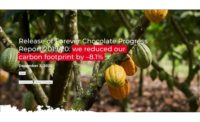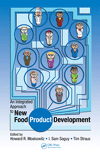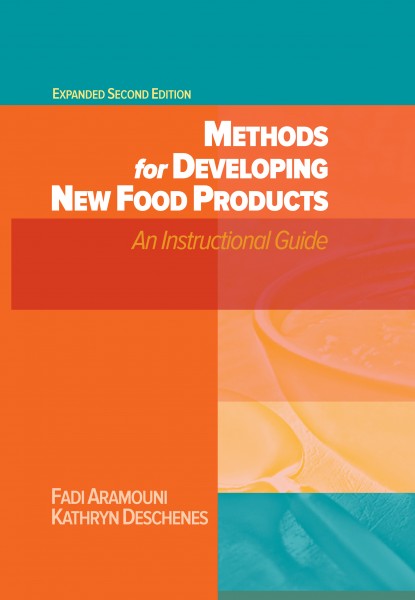An overwhelming nine in 10 Americans are trying to engage in sustainable practices on a daily basis, according to new research.
The survey, which asked 2,002 people about their attitudes toward climate change, found that three-fourths of respondents believe climate change is an existential threat to future generations.
Millennials were the most concerned, with 80 percent agreeing compared to just 71 percent of Gen Z respondents.
Conducted by OnePoll on behalf of Airly Foods, the poll still found a sizable knowledge gap when it comes to this topic.
Despite almost seven in 10 saying they think they know what the term "carbon footprint" means, only half could identify the correct definition when polled. But that didn't stop them from citing the carbon footprint of the food they eat as a priority; 62 percent said they would love to see packaged foods come with a carbon footprint label alongside the traditional one listing nutrition.
This would likely make an impact on how many people are able to prioritize low carbon footprints when choosing snacks, as currently only 23 percent say they're able to do so.
West Coast residents are most likely to do research regarding the impact their snacks have on the planet, with 40 percent saying they do this—three times more than the 12 percent from the Midwest who do the same.
A quarter of all respondents would consider trying a packaged snack they'd never eaten before if its marketing claimed to remove greenhouse gases from the air, while one in five would try a new snack that boasted of its carbon-neutral farming practices on the label.
“Consumers want to support companies that are choosing to do the right thing,” said Airly Foods co-founder Jennifer McKnight. “Just as they read nutrition labels to understand the potential impacts on their personal health, they should also have information about a product’s carbon footprint so they can understand its impact on the planet’s health."
There are plenty more opportunities around the home to practice sustainability besides snacking, of course.
Of all the rooms in the house, respondents said they’re the most sustainable and eco-friendly in the kitchen (53 percent), while the home office (14 percent) is where they do the least.
Popular interventions include freezing fruit and vegetables before they go bad, buying in bulk to reduce packaging waste, and planning meals ahead of time to cut down on food wastage.
But while more than half (52 percent) of respondents said they think about the impact that the food they eat has on the planet, many feel that their individual efforts are not enough.
Fifty-nine percent of respondents believe corporations (30 percent) or governments (29 percent) should be doing the most to tackle climate change, compared to just 26 percent who said it's up to individuals.
More notably, 70 percent of those polled believe that food companies should be coming up with innovations to reduce their impact on the planet.
“Climate change is a colossal challenge, but even the smallest steps when taken by all can add up to make a meaningful difference,” added McKnight. “By investing in food production and farming practices that can better help our planet, we hope to inspire consumers and other food companies to start asking important climate-facing questions like, ‘What kind of carbon footprint am I leaving behind?’”
TOP 5 ECO-FRIENDLY PRACTICES PEOPLE DO DAILY
Recycling (50 percent)
Reducing food waste (45 percent)
Using energy-saving light bulbs (39 percent)
Using energy-efficient appliances (36 percent)
Using reusable grocery bags (34 percent)
MOST TRUSTED SOURCES OF CLIMATE CHANGE INFORMATION
Scientific publications (63 percent)
Environmental groups (60 percent)
TV (57 percent)
School/University (57 percent)
Printed and online news (55 percent)
Click here to view the full infographic.









.jpg?height=200&t=1646343271&width=200)



